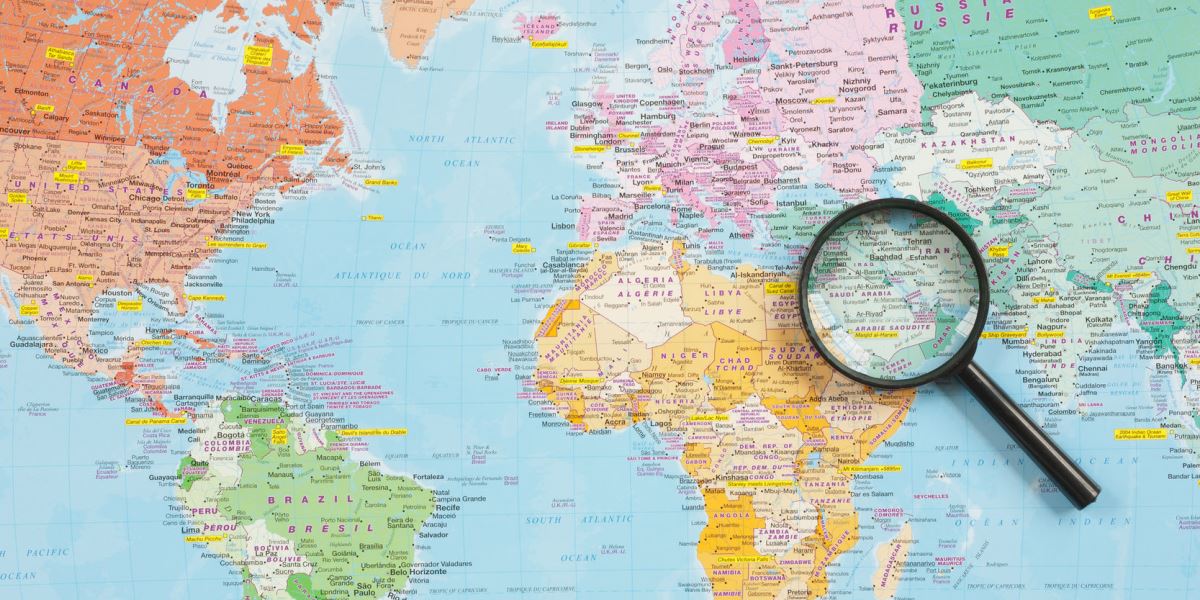- Countries in the Eastern Mediterranean, the Black Sea and the Middle East watch each other’s engagements very closely and make fresh decisions on certain issues depending on the shifting balance of power.
- Saudi Arabia and the UAE’s attempt to create a new regional order, during Donald Trump’s presidency, has failed.
- The geopolitical vacuum, which emerged out of the U.S. withdrawal from the Middle East, will still be around under Biden’s watch. It will continue to attract global powers, such as China and Russia, to the region.
- Beijing relies on economic investments in an attempt to safeguard its strategic commercial networks. Moscow, in turn, looks for ways to approach the Arab states – after Iran. It stands to be the first country to pop up on anyone’s mind when it comes to crises and compromises in the region.
- As the anti-Iran bloc in the Middle East weakens, the new state of affairs compels the Gulf states and Israel to build new relationships. Whereas de-escalation with Iran seems easier for the Gulf, Israel will have to look for new partners against Tehran.
- In this regard, rapprochement with Turkey is a top priority for the Gulf states and Israel alike. The Gulf states need heavyweights like Turkey and Israel to challenge Iran’s influence.
- The United States is expected to prioritize the nuclear deal with Iran over addressing the problem of Shia militias and ballistic missiles – which will be dealt with over time. That development is most likely to disturb Israel. Counterbalancing Iran, which will liberate itself from sanctions and become more ambitious, alone is a good enough reason for Tel Aviv to repair its relations with Ankara.
- The recent emphasis on Shia militias in Syria and Iraq, along with Iran’s ties to the terrorist organization PKK, suggest that some desire a confrontation between Turkey and Iran. Tensions between Ankara and Tehran would surely play into the hands of Tel Aviv.
- Greece may have launched talks with Turkey due to European pressure, but it explores new areas of cooperation with Israel, Egypt and Saudi Arabia.
- The heightened diplomatic activity in the Middle East, which involves multiple players and remains issue-based, is unlikely to create a new, lasting equilibrium anytime soon. Diplomacy may be in the spotlight, but there will be no shortage of tensions in this part of the world.
- Turkey, which used its hard power skillfully in crisis zones over the last five years, could assume a key role in the new game for the Middle East. It is time to rely on active and flexible diplomacy.
[AA, April 25 2021]









